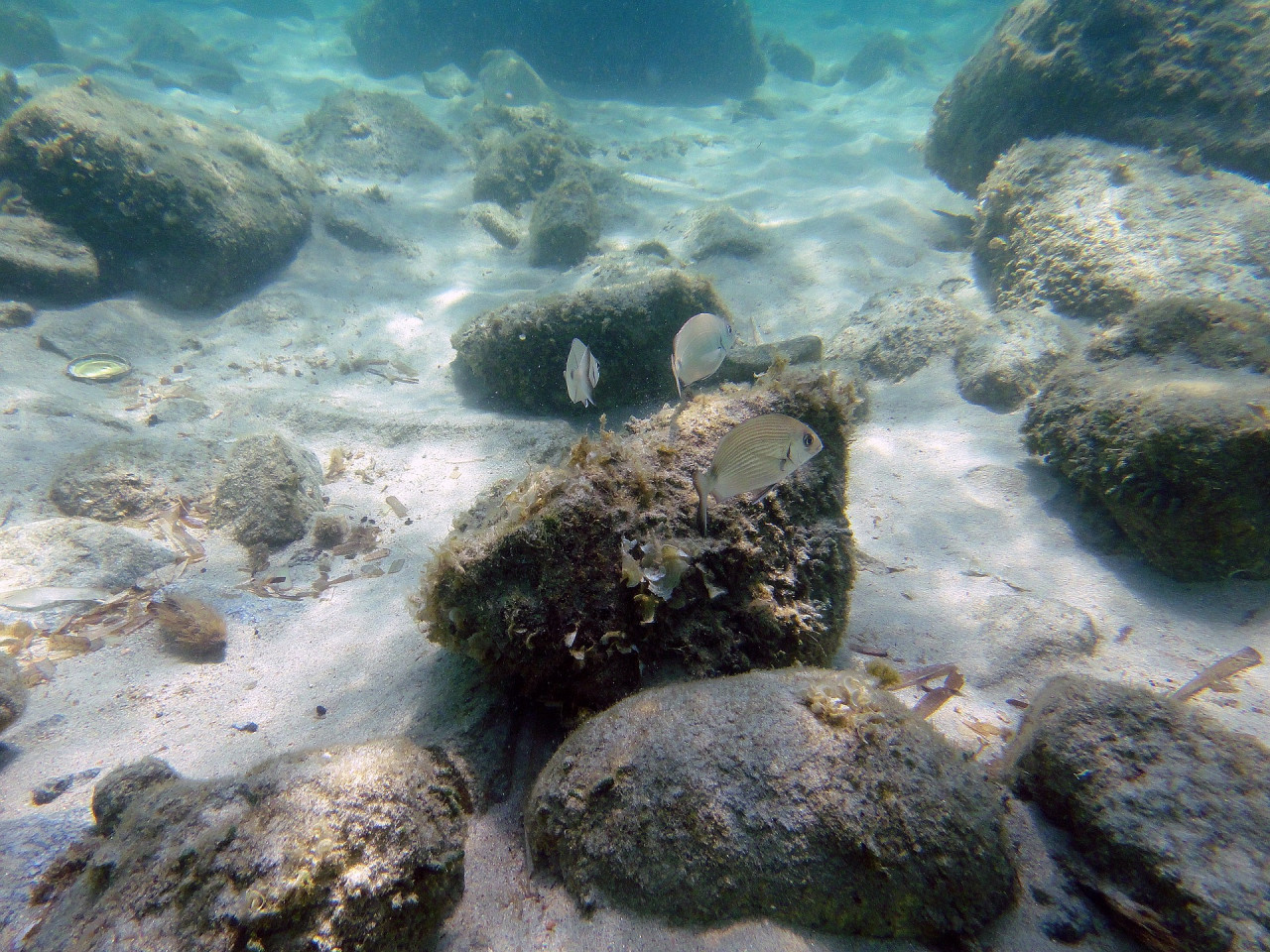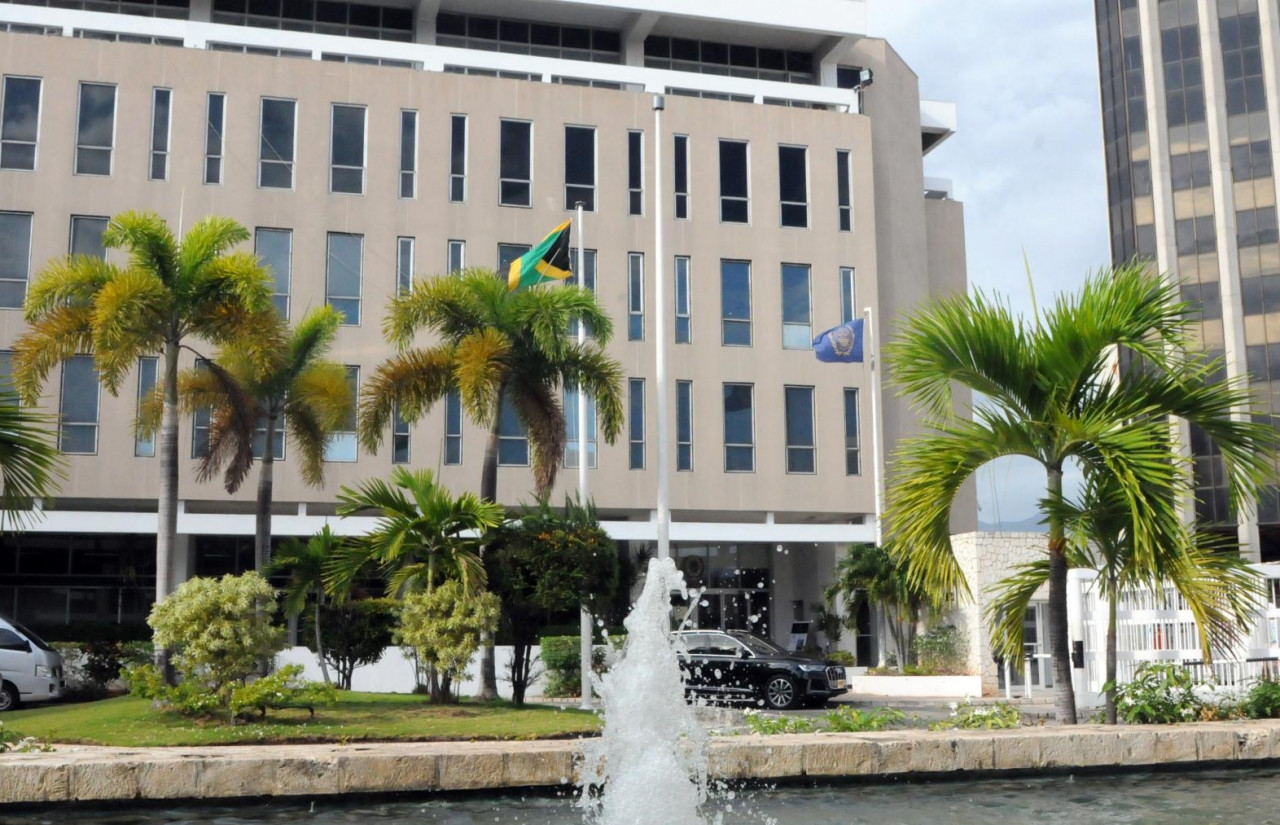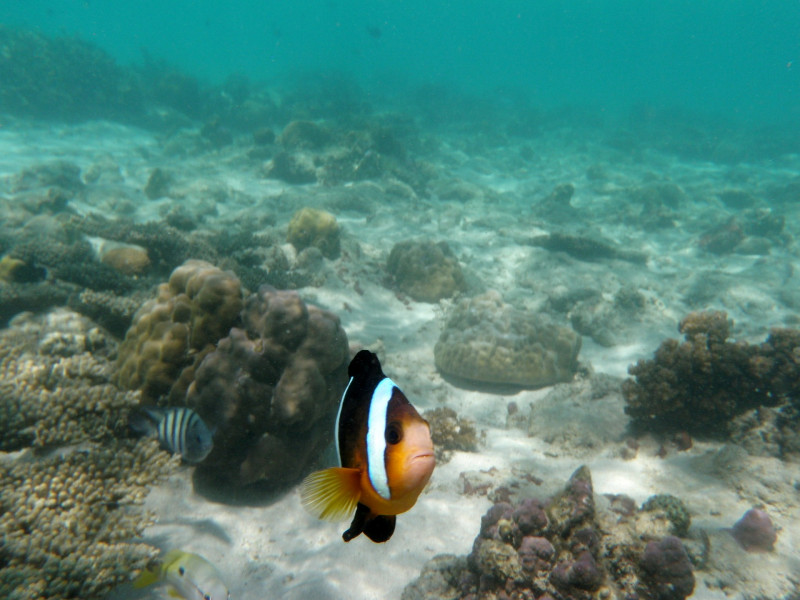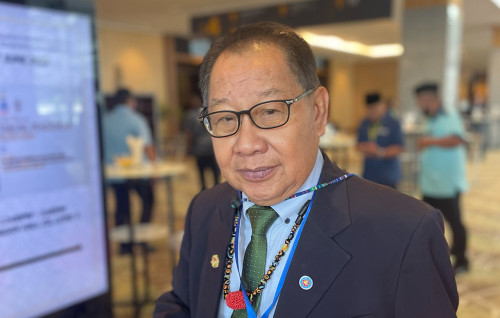BREMEN – July 10, 2023, is shaping up to be D-Day for the world’s oceans. That is the day after a two-year deadline placed on the International Seabed Authority to finalise mining regulations in seabed areas beyond national jurisdiction is set to expire.
The possibility of mining the seabed being green-lighted in the absence of regulations has caused a lot of uneasiness among member states, environmental groups, and the public.
And there is now a growing chorus calling for a moratorium on deep-sea mining.
If the authority misses the deadline, which is almost certain since its council will only meet on July 10, member states would have to “consider and provisionally approve” any mining application received, despite the absence of regulations intended to govern such activities.
This is especially worrying given there is a long way to go in the negotiations and the risks could outweigh any benefits.
How the International Seabed Authority reacts, whether to approve mining without proper regulations or not, remains to be seen.
The International Seabed Authority is an autonomous international organisation established under the United Nations Convention on the Law of the Sea 1982.
Comprising 168 member states and the European Union, it is responsible for the administration of the mineral resources of the seabed area beyond the limits of national jurisdiction, which have been legally designated as the common heritage of humankind.
All member states are represented at the assembly, the supreme organ of the authority. Thirty-six are elected to the executive council for four-year cycles.
While the UN Convention on the Law of the Sea provides the regulatory backdrop for deep seabed mining on the international seabed, an implementing agreement concluded in 1994 modified certain aspects of the initial framework.
One pivotal modification was the inclusion of a provision called the “two-year rule”, which is tucked away in the annexe to the 1994 agreement.

Legal obligation of seabed authority
Although the assembly bears the responsibility to approve mining regulations, it is the council that has the power to negotiate, adopt, and apply them.
However, to adopt the regulations at the council, consensus among the 36 member states is needed.
Crucially, just one formal objection would impede the adoption of the regulations.
The “two-year rule” provision was inserted to ensure that a deadlock can be circumvented and mining cannot be blocked by one or a few formal objections.
But the provision was not intended to allow mining activities to commence if just one or a small number of states or private entities wished to proceed.
And it was certainly not inserted to accelerate the negotiations and hasty adoption of regulations, as is being done now.
At the last meeting of the council in March this year, member states reached an understanding and adopted a decision that commercial exploitation should not commence in the absence of regulations.
The council concluded that member states retain the power to reject any application submitted in the absence of regulations.
The council also emphasised the legal obligation of the authority to safeguard the marine environment and ensure effective protection from the harmful effects of any mining activities.
That meant protection of the marine environment must take priority over any individual mining interests.

Extracting minerals is energy intensive
Without any agreed rules, clear environmental thresholds, and binding standards, it seems impossible for the authority to decide to approve any mining application and supervise operations with confidence.
There is little weight to arguments made by advocates that deep seabed mining could be the solution to climate change by providing critical metals needed for the clean energy transition.
Extracting these minerals would be energy intensive, and the problems experienced in terrestrial mining, including habitat destruction and pollution, would be replicated at sea.
Deep seabed mining may also be perceived as an assault on Indigenous groups that share a profound cultural connection and bond to the deep ocean.
No monetary compensation for such losses would suffice, and in any case, it would be impossible to put a price tag on something that is priceless.
Besides, the authority has yet to have a debate on how to distribute the revenues from mining operators.
The Authority now faces a difficult decision.
Allowing mining in the absence of regulations would undermine the letter as well as the spirit of the 1982 convention and the 1994 agreement.
Since the 1982 convention has been regarded as “the constitution for the ocean”, allowing mining activities to commence now may be deemed “unconstitutional”.
It will also almost certainly expose the authority to litigation – it cannot yet guarantee the environmental and societal implications or that it is fit for purpose as a regulator to exercise control over mining operators.
If the global community is to be successful in fighting climate change, the solutions we consider and invest in will need to be responsible, prudent, and measured.
Deep seabed mining does not appear to fit the bill, at least not now.
On July 10, the authority could easily state the obvious: postpone mining activities and not allow unregulated mining to occur.
There is a time for everything, and at this moment of reckoning, states should unite to send a clear message calling for more circumspection, adherence to good governance, and informed decision-making. – 360info, July 7, 2023
Pradeep Singh is a fellow at the Research Institute for Sustainability – Helmholtz Centre Potsdam and a doctoral researcher at the University of Bremen in Germany and also leads the IUCN Commission of Ecosystem Management’s Deep Sea Mining Ecosystems Specialist Group and is the deputy chair of the Ocean Law Specialist Group at the World Commission on Environmental Law
Published under Creative Commons and in partnership with 360info.org
















